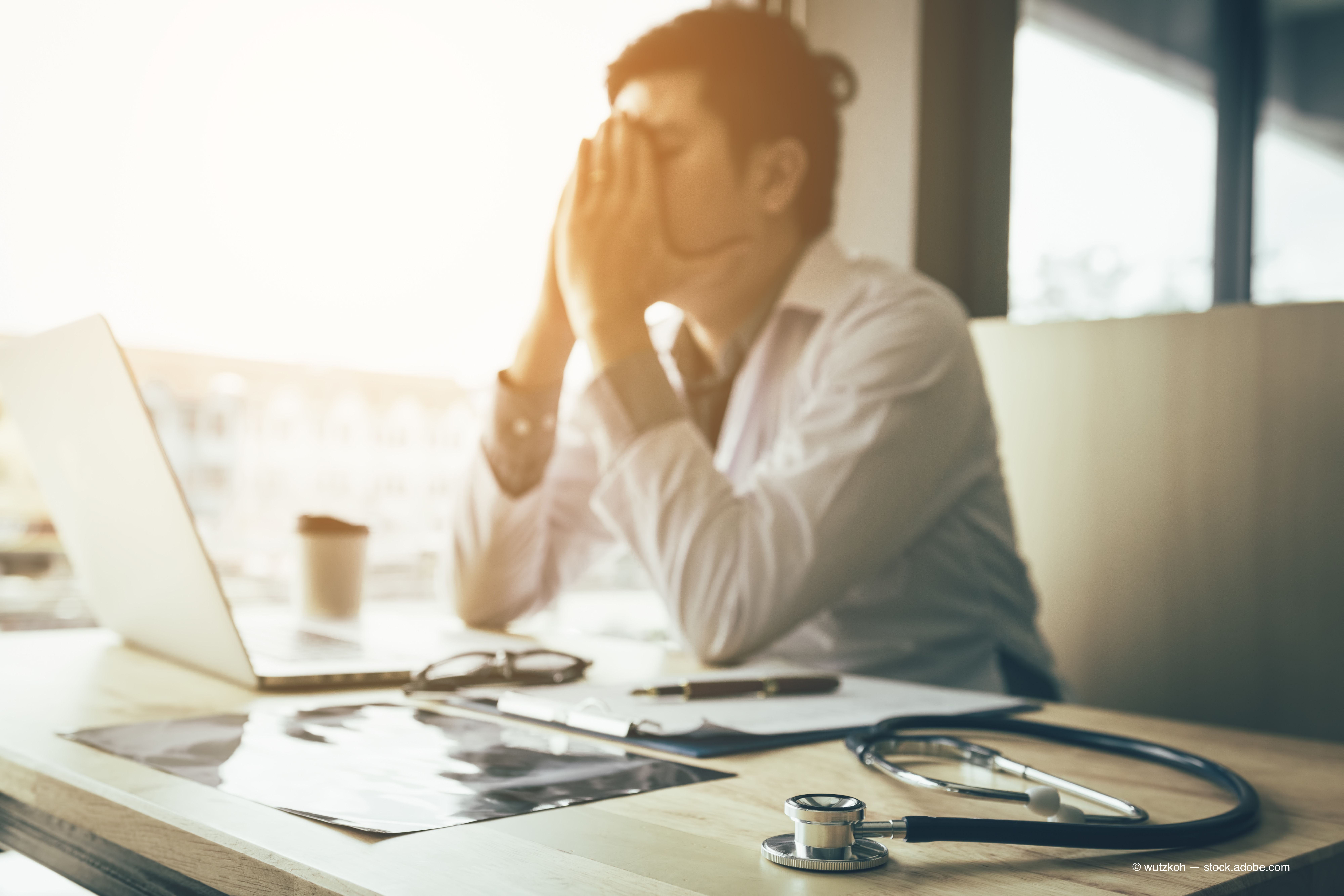Blog: How to avoid professional burnout as an OD

The views expressed here belong to the author. They do not necessarily represent the views of Optometry Times or UBM.
As a child, I was fortunate enough to behold exemplars of dignified and honest hard workers with my own eyes-although I didn’t appreciate it at the time.
Family role models
My grandfather was a laborer at railroad foundry. I used to snicker when he would come home, eat dinner, and promptly fall asleep in his chair, his head tipped back and chin lifted like a trumpet, snoring to beat the band.
The only thing that would rouse him was the occasional housefly that would light on his nose, causing him to reflexively smack himself in the face and bolt upright, grinning sheepishly like he’d been awake all along and hadn’t missed a thing.
My father was a postal worker who thought nothing of rising at 2 a.m. to literally drive through “rain, snow, sleet, or hail” to keep his “appointed rounds.”
My mother was a tough as nails, Depression-era farm girl who could reach into dark, moist soil with her calloused hands and pull out new life; everything that she touched turned to green.
My parents encouraged me to excel in my education because they knew that’s where my future lay. But they would still drag me into the fields to plant and pick.
They wanted me to know the taste and feel of sweet, summer sweat and the discipline and dexterity that it took to take a metal file and remove the dirt from beneath my fingernails at the end of the day.
Personal experience
In college, I worked as an aide in a nursing home and in construction later on. Both were dirty and backbreaking tasks that solidified my resolve to someday have an “indoor job” in air-conditioning.
Optometry has fulfilled the promise I made to myself-nobody would classify the work ODs do under the category of hard, manual labor.
But, as l often say, “work is work.” Everyone, regardless of profession, is subject to his or her own particular forms of stress and strain.
Starting out, I could easily shed the mental and physical challenges of optometry like freshly waxed cars bead water.
In residency and the first couple of decades of practice, it seemed like nothing to face up to the mental strain of complex decision-making in my disease-weighted practice, as well as the physicality of performing eye exams with all the up and downs, bending, squatting, and arm lifts (now, hold that position!) that were required.
I didn’t think about it because I didn’t feel it. Instead, I’d come home and load up my car with my sons and a bag full of soccer balls, heading out for more.
Practicing today
Not anymore. I think about the mental and physical fatigue more because I feel it more-in my bones. There is a reason shorelines erode against the constant tide.
To survive, I’ve had to adapt. And that has meant changing the proportions and adding to the ingredients in my recipe for achieving sustainable work as an OD.
Greater quantities of and an appreciation for the value of rest is key. Any athlete will tell you this, of course, but healthcare workers are a tougher sell.
We tend to be a dedicated and caring lot-admirable traits to be sure- but with potential blind spots that cause us to work ourselves into the ground and view ourselves as indispensable.
Wrong. You are not indispensable; you are replaceable. You and I could disappear in the next five seconds, and the world will keep right on spinning, along with the phoropter dials.
Six years ago I was outgunned, outmanned, and in danger of self-immolating from professional burnout and quitting altogether.
I finally approached the powers that be in my organization and demanded better equipment that would ease physical and mental strain and more personnel to help shoulder the exponentially increasing workload.
While that helped, burnout, like dry eye, is a chronic condition. Vigilance plus daily maintenance is necessary to prevent a flare-up.
Avoid burnout
To contain the flames, look beyond optometry and new areas and niches within it. Engaging in a variety of activities, both professional and personal, can help prevent “overuse injuries” of the mind, body, and spirit.
Learning and offering a new clinical technique or service to your patients, projecting your influence outside the office in the form of writing, speaking, or advocacy, picking up a “side hustle” or two; or pursuing other avocations can keep you fresh.
It can also pay dividends in the clinic in the form of a higher quality care- “a happy doctor is a better doctor.”
Get active
“Motion is lotion.” Get up and move as much as possible, as often as possible, in some form or fashion.
The demands of modern healthcare delivery-especially the time we spend anchored to our seats by the ball and chain of computers and electronic medical records (EMRs)- can cause our shoulders to slump, our muscles to waste, and our hearts to weaken.
I’ve always been fit aerobically, but I’ve taken for granted the importance of a strong core and upper body.
The addition of strength training over the past year has improved my ability to sit up straight while performing exams and hold my arms up longer, resulting in less fatigue, soreness, and lower back pain at the end of the day.
My good days still far outweigh the bad ones. But like my grandfather before me, I now find myself leaning back in my most comfortable chair many evenings and “resting my eyes” for a few minutes.
When I open them, I often think about him and imagine that he might be communing among some pantheon of laborers who are enjoying their well-deserved rest and just rewards while looking down upon me-the former smart aleck kid who didn’t know jack about hard work-and getting a good last laugh at his expense.